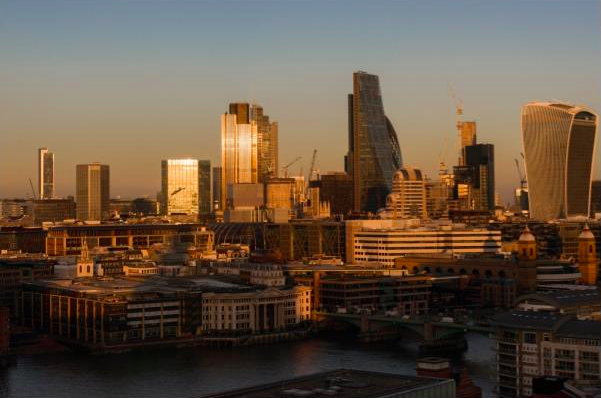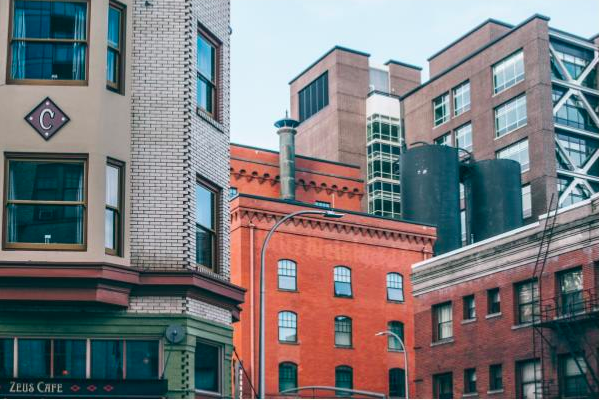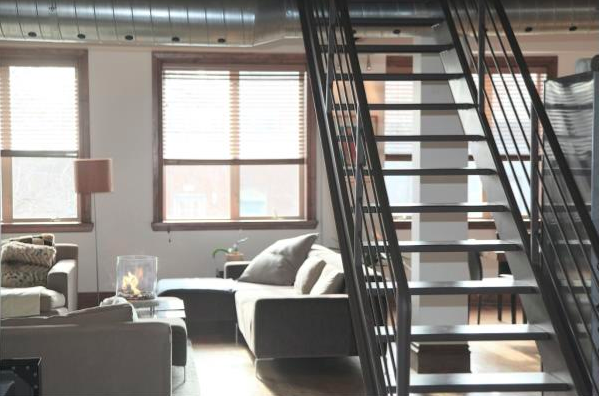Are you leasing a flat in South London? Here are a few things you need to know…

Photo by Olga Lioncat - via www.pexals.com
With its cheaper monthly costs and low-down payments, leasing a flat, in certain circumstances, can be more cost effective than buying. Within the expensive and highly competitive market across South London, leasing a flat may be attractive alternative to renting for many.
However, without some basic knowledge, you may quickly find yourself becoming overwhelmed. This guide will cover everything you may need to know when leasing a flat in South London, including your responsibilities and the legalities concerning a leasehold.
It’ll also cover the different options you have; either extending your leasehold or purchasing it from the freeholder such as freehold enfranchisement. For all of this and more, take a look at the article below…
What is the Difference Between Renting and Leasing a Flat in South London?
The most notable difference between renting and leasing a flat is the length of contract. Generally, renting a property requires you to sign an assured shorthold tenancy contract. Renting can be an attractive option to tenants who want flexibility, such as students, due to the fixed contracts often being short-term.
In comparison, leasing a flat can be anywhere from 21 to 999 years and can offer long-term security for the leaseholder. Lease holding is an ideal arrangement for someone who wants a place to live long-term.
In regard to cost, renting can sometimes be more expensive than leasing. With renting, tenants may have to be prepared to pay more due to the short duration of their contracts and increasing house prices. However, with a leasehold the rent is fixed and long-term so as a leaseholder, you don’t have to worry over payments increasing.
Both a lease agreement and a tenancy agreement entitle the leaseholder and tenant to legal rights and protection. This means, the freeholder or landlord is only able to evict the leaseholder or tenant if they provide proof that the lease has been breached in some way.
Knowing Your Contractual Rights as a Leaseholder

Photo by Maria Orlova via www.pexels.com
Read the Lease
The lease sets out the contractual obligations of the freeholder and the leaseholder. It will include things such as ground rent and maintenance costs, as well as certain conditions on how you use and choose to occupy the flat. it is important as the leaseholder you understand what your rights and responsibilities are. To ensure the contract is not breached from either party.
The Right to ‘Quiet Enjoyment’
This means your right to make use of your home without interference from the freeholder or anyone acting on their behalf. This could include, your freeholder coming into your house without permission or notice or, is abusive and threating to you.
The Right to Information
The Freeholder must provide their name and contact address which must be stated on every invoice for rent and service charges. As a leaseholder, you are also entitled to receive summaries of costs of the services, as well as details of insurance cover.
The Right to Challenge
As a leaseholder, you have the right to challenge administration costs and service charges if you think they are unreasonable or if you feel you are not liable to for the fees. To apply for this can apply to the First Tier Tribunal in order to determine whether the charges were fair and to determine who is liable.
Knowing Your Contractual Obligations as a Leaseholder
Paying Ground rent
The freeholder of the building will set a ground rent that will need to be paid yearly by leaseholders in order to give them the right to use land their property is on. The amount of ground rent is likely to increase but will be clarified within the leaseholder’s contract and is generally only 0.1% of the property value.
Paying Service charges
A service charge is an annual fee that pays for the upkeep and management of a building. It can vary dramatically depending on the age, quality, and type of property.
The service charge covers many services, including:
· Building repairs, roof, drains, elevators, etc.
· Cleaning communal areas
· Insurance
· Any necessary staff
The average London flat owner will pay between £1,800 and £2,000 per year in service charge, but depending on how it is split between leaseholders, you may only see a fraction of this charge.
The service charge will differ from year and is typically an estimate that takes into account any work the building will require over the coming year. For example, if there is a costly roof repair that needs to be done in the near future to avoid leaks, the service charge for the building will go up.
How to Purchase or Extend the Lease on a South London Flat?
Extending the Lease
Whilst leases are usually long-term and can outlive the leaseholder, you may want to extend your lease to increase the value in the property. This is because leases are essentially wasting assets and loose value every day.
As a leaseholder you can claim a 90-year extension of your lease at zero rent. However, to be eligible the original lease needs to have been a minimum of 21 years long, including two plus years with you as the leaseholder.
When buying a lease extension, you will need to formally notify the freeholder of the extension request and how much premium you believe is fair. The freeholder may then either accept this or propose a counteroffer. If you have been the leaseholder for less than two years, the request for a lease extension may be refused.
Freehold Enfranchisement
A freehold enfranchisement is when a leaseholder decides to buy the whole property including the land it is on, they will then be responsible for maintaining and managing the building.
The benefits of freehold enfranchisement include:
· Not having to deal with problematic landlords
· Control over the repairs of the building.
· It can be more cost effective than lease extensions if done as a group
· The ability to grant lease extensions and variations.
Due to the unique nature of freehold enfranchisement, you will require a specialist solicitor to help you avoid any costly mistakes.
Leasing a Flat in South London

Photo by Life of Pix via www.pexels.com
There are many things to consider when leasing a flat in South London. Will you want to extend the lease on your flat? Will you Remortgage it?? What costs will you be required to pay and why?
This short guide has given you a look into the many aspects of being a leaseholder but for the best advice it is highly recommended that you speak to a solicitor so you are aware of your rights and the rights of any tenants or freeholders that you may encounter.
Please be advised that this article is for general informational purposes only and should not be used as a substitute for advice from a solicitor. Be sure to consult a conveyancing solicitor if you are seeking advice regarding leasing a flat in the UK. We are not liable for risks or issues associated with using or acting upon the information on this site.


